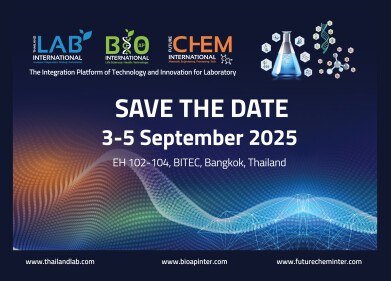News & views
Arctic cod inspires frozen blood storage
Jun 28 2014
Antifreeze proteins from fish living in icy seas was the inspiration behind work at the University of Warwick where scientists have found a new application for a common polymer which allows blood cells to better survive being stored at freezing temperatures*.Polyvinyl alcohol – which mimics antifreeze properties found in cold-acclimatised fish like arctic cod - works by inhibiting the growth of ice crystals during thawing which would otherwise damage the blood cells and make them unusable in medical settings. Current cryopreservation methods offer advantages of longer sample storage times to just frozen storage only, but also require the addition of large quantities of organic solvent, to prevent the formation and growth of ice crystals which can kill the cells. The organic solvent still has to be removed before the blood is used to save lives in a process which can take several days, whereas emergency transfusions require rapid availability.
The new system of freezing described by the University of Warwick researchers requires an additive of only 0.1 per cent of the volume of the blood. Also, it doesn’t need to be removed once the blood is defrosted so can be put to use rapidly. The scientists believe the discovery offers a broad range of possible applications, from in vitro scientific research through to stem cell therapies in the clinic. Along with Warwick Ventures, the University’s technology commercialisation company, the scientists are looking to partner this technology with commercial organisations that have the expertise to develop such applications.
Dr Matthew Gibson from the Department of Chemistry at the University of Warwick said: “Although we still need to run further tests, this new method looks very promising in terms of vastly extending the shelf life of blood stored for medical procedures and therefore preventing dangerous dips in blood availability at certain times of the year. In addition to these benefits for blood we are excited by the scope for other applications including cell-based therapeutics for patients with rare and serious diseases including certain cancers and neurological conditions”
*The study ‘Synthetic Polymers Enable Non-Vitreous Cellular Cryopreservation by Reducing Ice Crystal Growth During Thawing’ is published in the journal Nature Communications
Digital Edition
Lab Asia 31.6 Dec 2024
December 2024
Chromatography Articles - Sustainable chromatography: Embracing software for greener methods Mass Spectrometry & Spectroscopy Articles - Solving industry challenges for phosphorus containi...
View all digital editions
Events
Jan 22 2025 Tokyo, Japan
Jan 22 2025 Birmingham, UK
Jan 25 2025 San Diego, CA, USA
Jan 27 2025 Dubai, UAE
Jan 29 2025 Tokyo, Japan



















